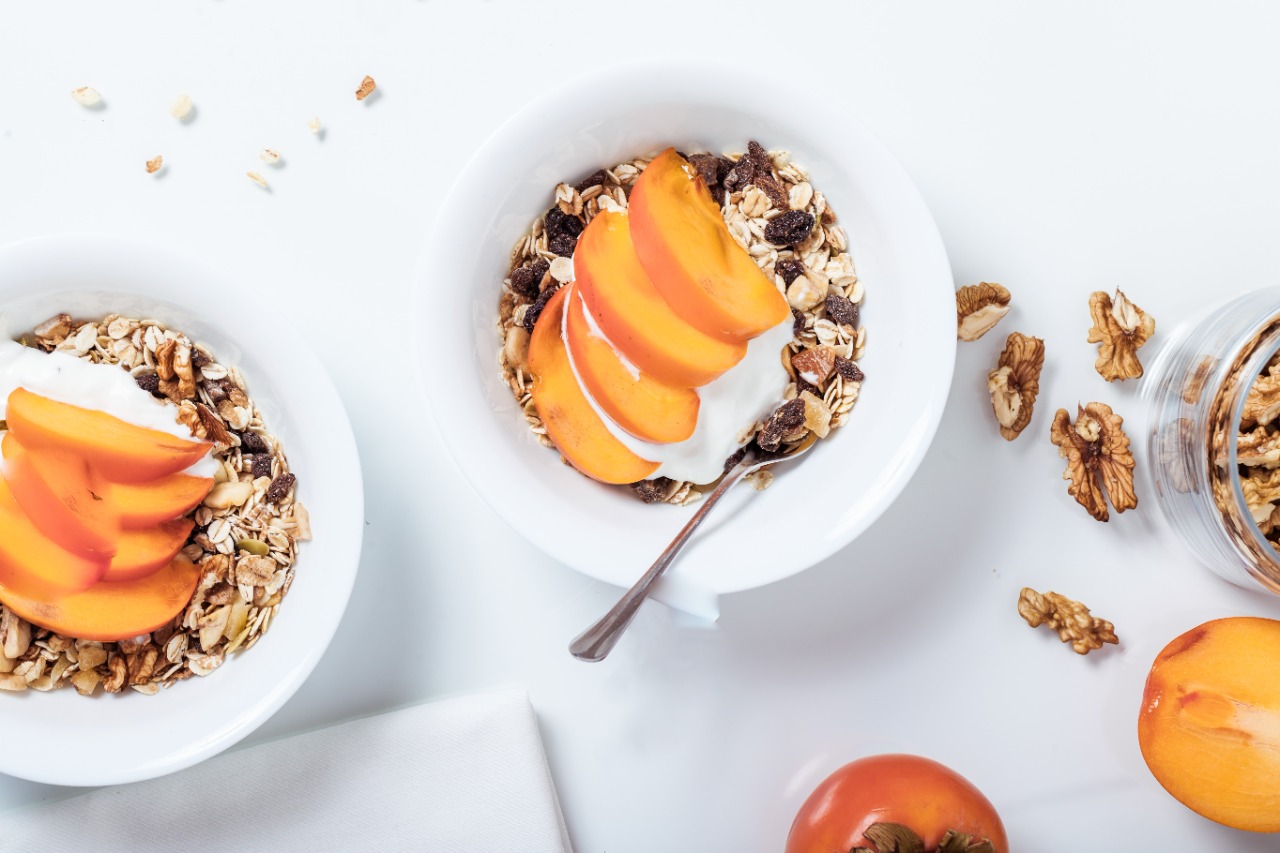
A person’s diet is a direct reflection of their health. When a person does not eat the right foods, their body breaks down. This can lead to an overall decrease in quality of life and many other diseases linked to improper nutrition. In North America, our current diet mainly consists of an excess of grain, sugar, fried and fatty foods. As a result, disorders including hypertension, diabetes, obesity, Alzheimer’s, and certain malignancies are becoming increasingly widespread.
The science of food has always been discussed; however, with recent technological innovations in food processing and agriculture, people have enjoyed more convenient foods that are less expensive than ever before. Unfortunately, with every convenience comes a trade-off. Smart foods are often packed with sugar, salt, and calories, leading to poor health in some individuals.
To understand what a person is putting into their body, it’s essential to realize that the small molecules in food are responsible for allowing our bodies to function. These small molecules are called nutrients, including vitamins, minerals, phytochemicals, and enzymes. A nutrient is not a value unless absorbed by the body through a specific pathway. For example, if you absorb calcium without vitamin D, your body will not use that calcium.
Eating a balanced diet keeps you healthy, but it helps reduce your stress. For example, eat foods rich in vitamins, minerals, and antioxidants because they help augment your immune response and prevent toxins from damaging your cells. Vitamins A, C, and E serve as antioxidants that fight off free radicals in the body. Free radicals are toxic products of metabolism that cause damage to your cells. Experts claim that they are responsible for the aging process. Good sources of these vitamins are deeply-colored vegetables- green leafy, yellow, and orange vegetables, such as squash, broccoli, kale, spinach, and carrots.
Iron is one of the most abundant minerals in the body, and it mainly functions to deliver oxygen to your cells. Hence, an iron deficiency, medically termed Iron-deficiency anemia, is associated with weakness, easy fatigability, and pale skin. Tea, coffee, red wine, grapes, and berries are rich in antioxidants that function the same as your vitamins A, C, and E.
You need a diet that’s healthy and balanced – and one that can fit comfortably into your busy lifestyle.
Here are some of the recommended dietary guidelines.
Eat a diet high in fresh vegetables, vitamins, and minerals.
Exercise every other day to release endorphins, feel good, get the blood flowing, and reduce stress levels.
Eat salt only when you need it, but not too much as your body does not need it. Many people with anxiety are hypothyroid or have low magnesium. When your body needs more sodium, it can indicate that you are not producing enough cortisol or are dehydrated. If you experience chronic anxiety, I recommend working with a physician to run tests on cortisol levels and then take salt supplements as needed. Use spices like turmeric, ginger, curry, and aromatic herbs like parsley, rosemary, sage, and basil.
Eat low-fat meals because they will cause a minor spike in blood sugar levels: think lean meats, eggs, vegetables, and nuts; avoid dairy if it makes you feel anxious.
Drink lots of water — keep hydrated all day — ideally at least half a gallon if possible — your brain needs water to function optimally!
Avoid foods that you know will make you feel bad, such as dairy, even with low-fat content. You can cut out dairy and not worry about it!
Avoid sugar, caffeine, processed foods, alcohol, and any other substance that makes you feel bad or increases anxiety levels. Also, avoid coffee — drinking more than one cup a day can cause anxiety in some people. Coffee is also dehydrating and inhibits the absorption of minerals from food/water/supplements — try caffeinated water as a substitute for coffee if you like the caffeine kick.
Find a natural health professional that you can talk to or work with to quickly get the results you want.
Healthy foods and nutrition can help you stay fit, but they can also assist you in treating disease. When you nurture your body physically with these nutrient-dense foods, your mental capacities improve, as does your spiritual welfare. Moreover, because your spiritual health is at its best, it will radiate to the exterior world, causing others to notice you’re happier and more relaxed, and your stress levels have decreased dramatically.

